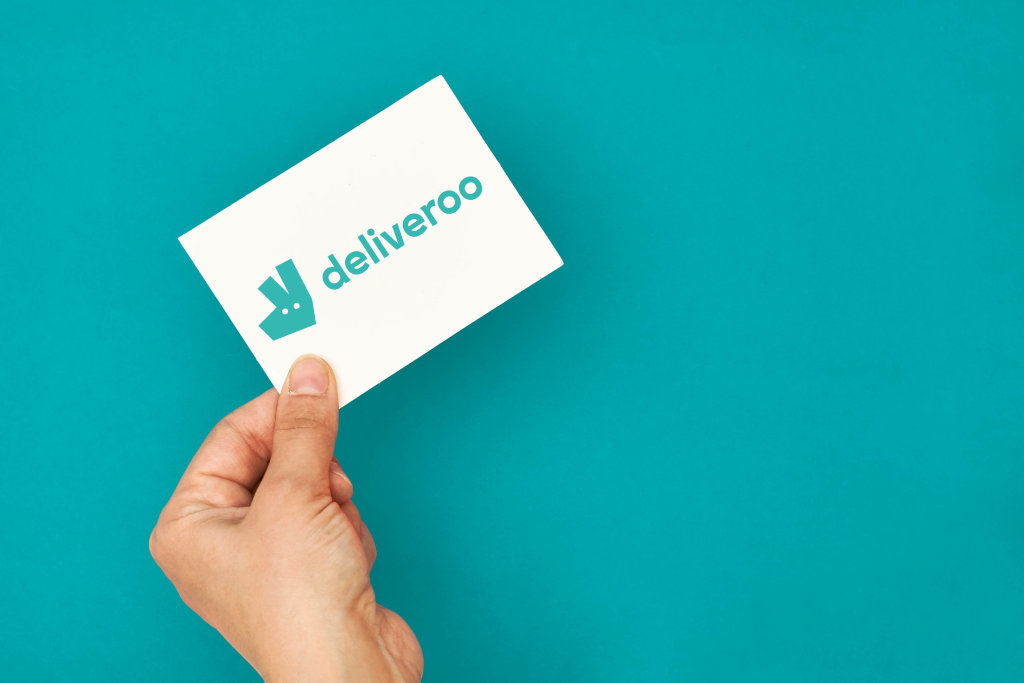
Will Shu, CEO of the food delivery company Deliveroo, is set to step down from the company he co-founded over a decade ago. Shu, who established Deliveroo with childhood friend Greg Orlowski in 2013, announced on Thursday that he will leave his position once the company’s acquisition by U.S. rival DoorDash is completed. The deal, which was announced in May, values Deliveroo at £2.9 billion ($4 billion).
In a statement, Shu reflected on his time leading the company. “I have decided that now is the right time for me to step down,” he said. “Taking Deliveroo from being an idea to what it is today has been amazing.” He added that despite the company’s accelerating growth and profitability, “after 13 years I want to contemplate my next challenge.”
The End of a Tumultuous Public Journey
Deliveroo confirmed that its acquisition by DoorDash “continues to progress as anticipated” and is expected to close on October 2, following a scheduled court hearing on September 30 to sanction the deal. The completion of the takeover will mark the end of Deliveroo’s tumultuous time in the public markets. The company’s shares plunged 30% on the day of its initial public offering in 2021, a significant setback for London’s ambitions to compete with New York for more high-profile tech listings.
Despite that rocky start, the company has seen improvements, with Shu noting that its growth and profitability are accelerating. However, the acquisition by DoorDash puts an end to its journey as a standalone public company.
What The Author Thinks
This acquisition represents a new phase of consolidation in the global food delivery market. The deal, while providing a clear exit for Deliveroo’s founder, signals that the market is maturing and that regional players are struggling to compete with global giants like DoorDash. Deliveroo’s journey, from a high-profile but difficult IPO to a buyout at a lower valuation, underscores the brutal financial realities of the gig economy. The move suggests that in the long run, only a few massive players will be able to survive, as they have the capital to absorb losses, the scale to negotiate with restaurants, and the technological resources to outmaneuver smaller competitors. This is a story about consolidation, not just a successful founder moving on.
Featured image credit: Marco Verch via CCNull
For more stories like it, click the +Follow button at the top of this page to follow us.
